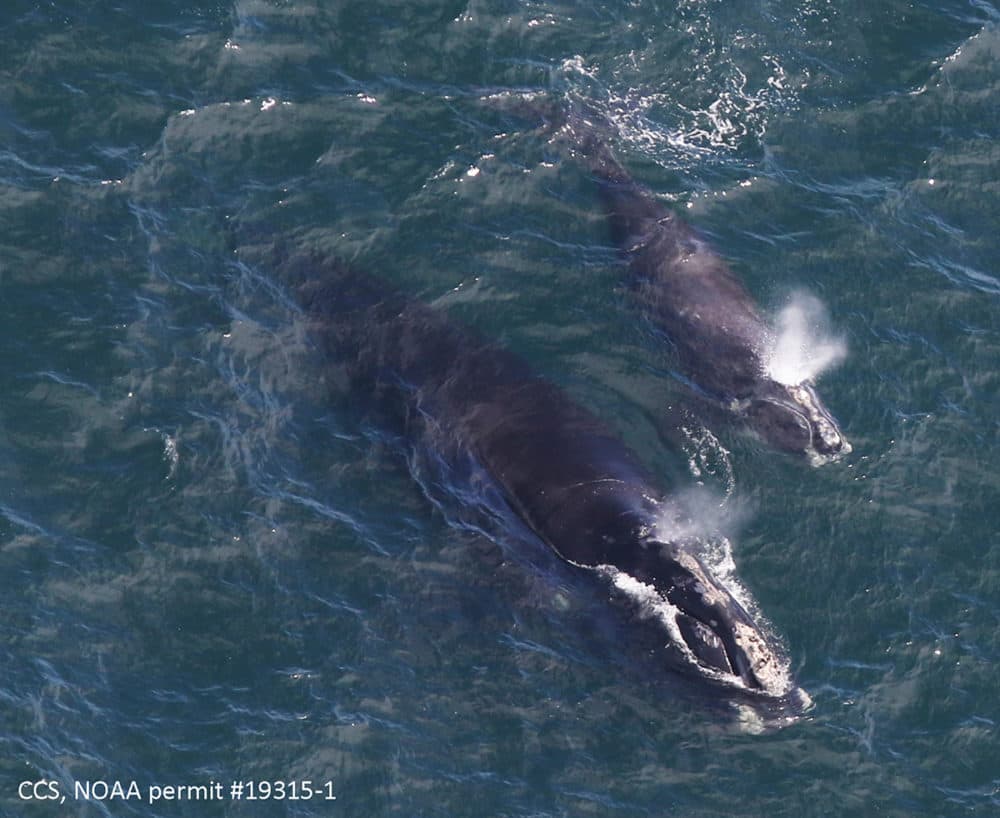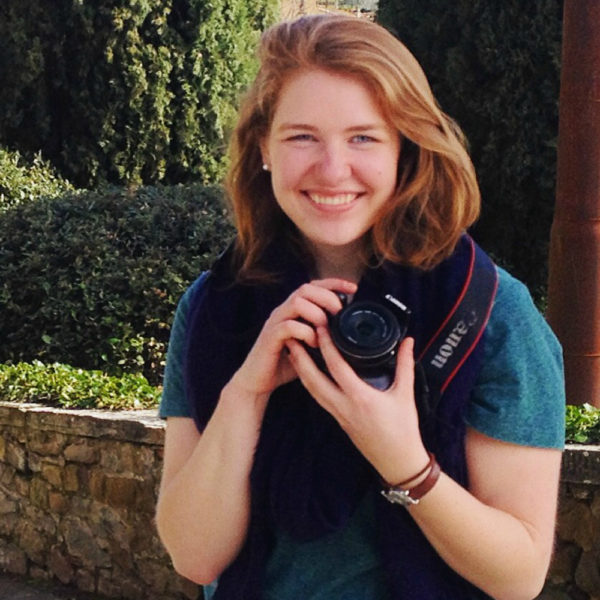Advertisement
Cape Cod Researchers To Test New Camera That Could Protect Right Whales From Ships

There's new technology that researchers with the Woods Hole Oceanographic Institution on Cape Cod say could protect North Atlantic right whales from being struck by ships — one of the leading causes of death for the critically endangered whales.
The system mounts a shoe box-sized thermal camera on a ship and pairs it with an artificial intelligence algorithm. The algorithm identifies if the camera is seeing a whale, bird, boat or waves. If it picks up a whale, the program flags the ship's operator so they can slow down or change course.
WHOI researchers plan to test out the technology this summer, particularly to determine the accuracy of those identifications.
"For a system to be trusted by a captain ... they need to have very high confidence [that it's real]," said Daniel Zitterbart, a scientist on the project. "If it would beep every minute, after an hour everybody would get annoyed and say, 'OK, but all I'm getting here are false positives, I don't care about it anymore.' "
The technology is a miniaturized version of a system originally designed to protect whales from underwater noises. The new system reduces the field of vision so it only looks forward, said Zitterbart, and it's cheaper, so it can be placed on more boats.
"Ultimately you can kind of build up a density or a heat map that is close to real time," he said, "knowing where were things detected and making sure that people can and do slow down in those high risk areas."
Zitterbart said the device will be most effective on boats that can maneuver or slow down quickly, and where the camera can be mounted at least 15 feet high.
Testing this summer in Cape Cod Bay and the Gulf of St. Lawrence will focus on accuracy and if the program works without one of the scientists on board. Additionally, in the Gulf of St. Lawrence, researchers will test how it can be used on ferries.
